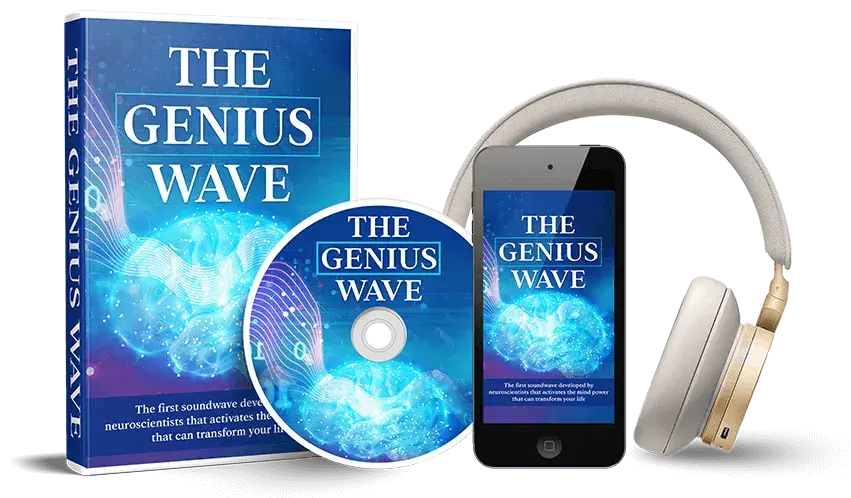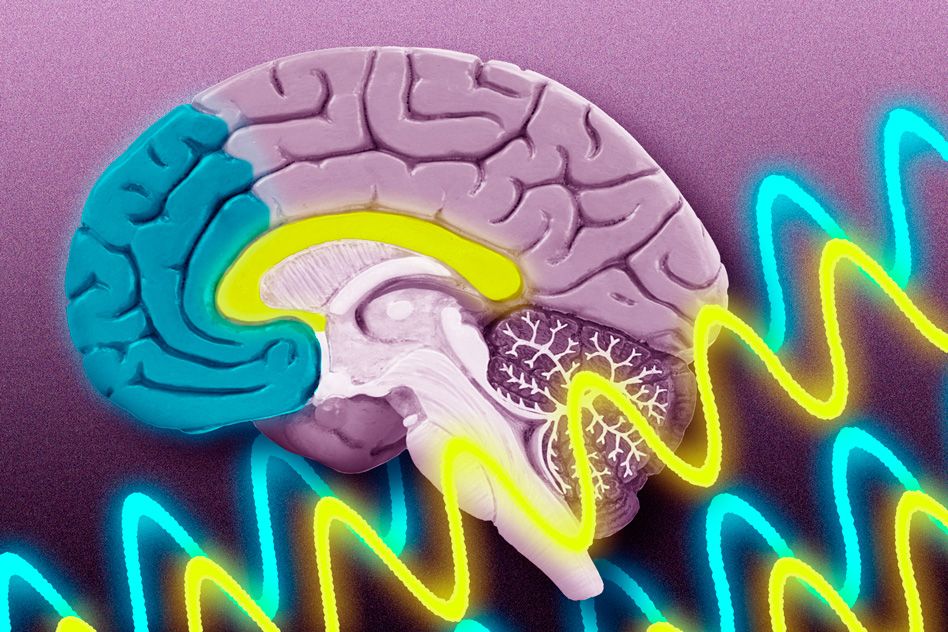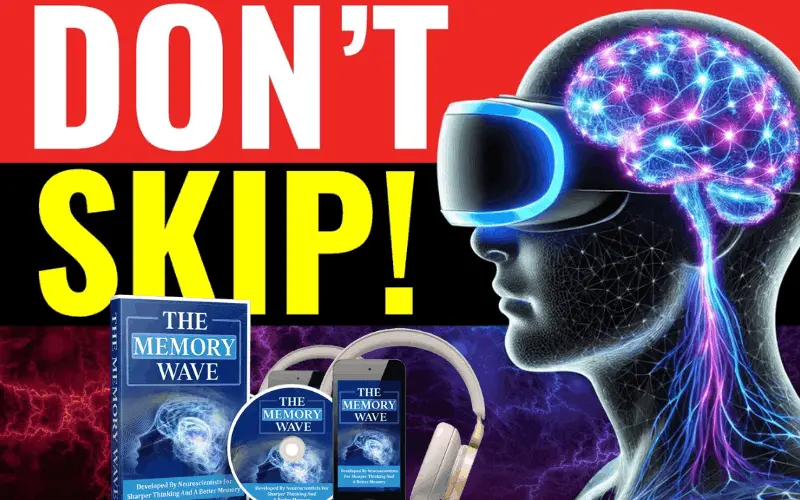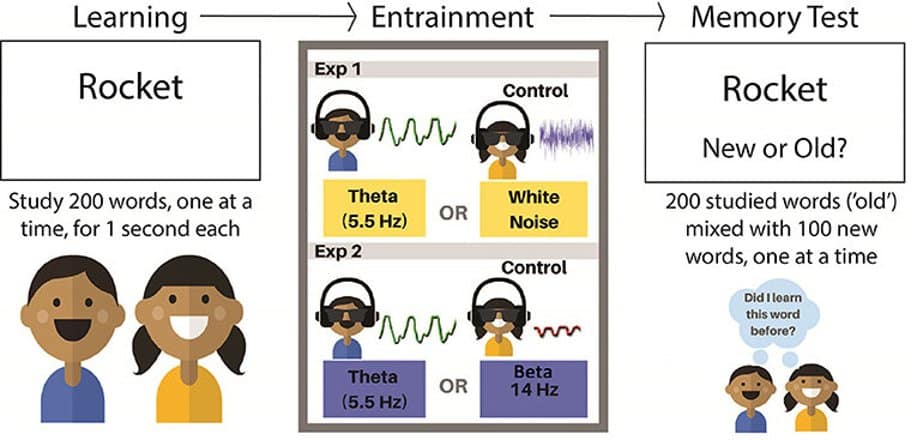Does The Memory Wave Really Work

The promise of boosting memory and cognitive function through non-invasive brain stimulation has captivated researchers and consumers alike. Among the various technologies vying for attention, the Memory Wave, a device utilizing transcranial alternating current stimulation (tACS), has generated considerable buzz. But does it live up to its claims?
This article delves into the evidence surrounding the Memory Wave, examining its purported mechanisms, available research, and expert opinions, to provide a comprehensive assessment of its efficacy.
Understanding the Memory Wave and tACS
The Memory Wave, marketed as a cognitive enhancement tool, employs tACS to deliver a weak electrical current to specific brain regions. The underlying principle is that this stimulation can modulate neuronal activity, potentially strengthening synaptic connections and improving memory performance. The company behind the Memory Wave asserts that it can enhance various cognitive functions, including working memory, attention, and recall.
tACS, the technology underpinning the device, is a non-invasive brain stimulation technique. It involves placing electrodes on the scalp to deliver alternating current at specific frequencies. These frequencies are believed to entrain brain waves, potentially influencing cognitive processes.
Examining the Research Landscape
The scientific community's view on the effectiveness of tACS for memory enhancement is far from settled. Several studies have explored the potential benefits of tACS on cognitive function, but the results are often mixed and require careful interpretation.
Some research suggests that tACS can improve working memory performance in healthy adults. For example, a study published in the Journal of Cognitive Neuroscience reported that tACS applied to the prefrontal cortex led to enhanced working memory capacity. However, it's crucial to note that the effects observed in these studies are often modest and may not be generalizable to all individuals.
Other studies have yielded less promising results. A meta-analysis published in Cortex, which aggregated data from multiple tACS studies, found that the overall effect of tACS on cognitive performance was small and inconsistent. The authors cautioned against overinterpreting positive findings, emphasizing the need for larger, well-controlled trials.
The Importance of Rigorous Methodology
One of the key challenges in evaluating the efficacy of tACS is the variability in study designs. Factors such as the stimulation parameters (frequency, intensity, duration), electrode placement, and cognitive tasks used can significantly influence the results. Furthermore, the placebo effect can play a substantial role in tACS studies, as participants may experience cognitive improvements simply due to the expectation of benefit.
To address these challenges, researchers are increasingly emphasizing the importance of rigorous methodology. This includes using sham stimulation (a placebo condition where participants receive no actual current) to control for the placebo effect, employing double-blind designs (where neither the participants nor the researchers know who is receiving active stimulation), and carefully controlling for confounding variables.
Expert Opinions and Cautions
Neurologists and cognitive neuroscientists express a range of opinions regarding the Memory Wave and tACS in general. Some experts are cautiously optimistic about the potential of tACS as a cognitive enhancement tool, while others remain skeptical.
Dr. Anya Sharma, a neurologist specializing in cognitive disorders, emphasizes the need for further research. "While tACS holds promise, we need more robust evidence from large-scale clinical trials to determine its true efficacy and safety. It's premature to market these devices as proven cognitive enhancers."
Dr. Ben Carter, a cognitive neuroscientist at the University of California, cautions against unrealistic expectations. "The effects of tACS on memory are likely to be subtle and may not be noticeable in everyday life. Furthermore, there's a risk of potential side effects, such as headaches or skin irritation, although these are typically mild."
The FDA has not approved the Memory Wave or similar tACS devices for cognitive enhancement. Consumers should be aware of the potential risks and limitations before using these devices.
Potential Impact and Ethical Considerations
If the Memory Wave or other tACS devices were proven to be effective and safe, they could have a significant impact on various aspects of society. They could potentially be used to improve cognitive function in individuals with age-related cognitive decline, traumatic brain injury, or other neurological conditions.
However, the widespread use of cognitive enhancement technologies also raises ethical concerns. There are questions about accessibility, fairness, and the potential for coercion. Should cognitive enhancement be available only to those who can afford it? Could employers or educational institutions pressure individuals to use these devices?
These are complex questions that require careful consideration as cognitive enhancement technologies continue to develop.
Conclusion
The Memory Wave, like other tACS devices, offers a tantalizing glimpse into the future of cognitive enhancement. However, the current evidence base is not yet strong enough to definitively conclude that it is an effective and safe way to boost memory. While some studies have shown promising results, others have yielded mixed or negative findings.
More rigorous research is needed to determine the true potential of tACS for cognitive enhancement. In the meantime, consumers should approach claims about the Memory Wave with caution and consult with healthcare professionals before using these devices. The quest for enhanced memory continues, but a healthy dose of skepticism is warranted.








![Does The Memory Wave Really Work The Money Script vs. The Memory Wave [Consumer Reports]: WARNING! Read](https://www.heraldnet.com/wp-content/uploads/2025/01/38341742_web1_M1-The-Money-Script-vs.-The-Memory-Wave-Teaser-copy.jpg)









